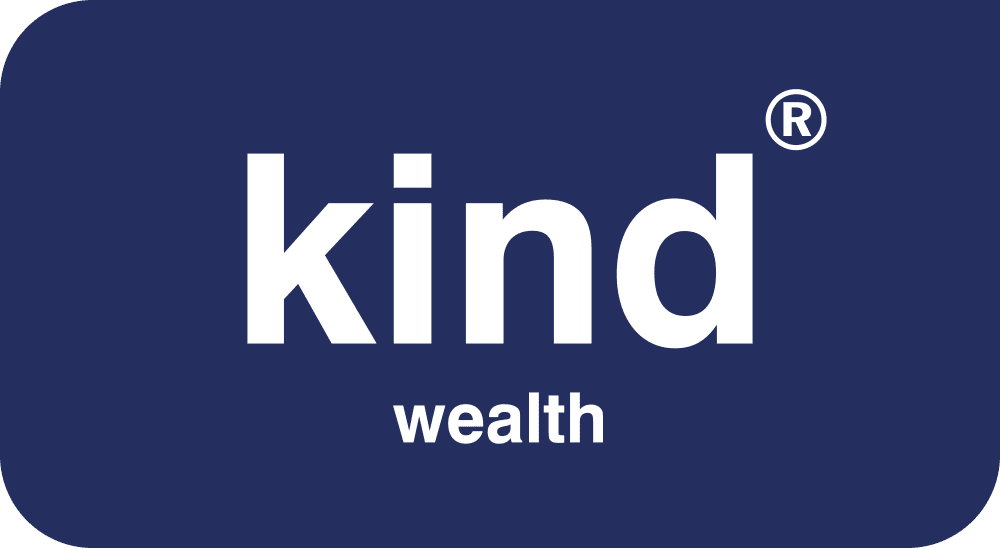Using allowances and exemptions could reduce your overall tax bill and help you get more out of your money. On 5 April 2025, the current tax year will end, and many tax-efficient allowances and exemptions will reset. So, here are five that you may want to consider using before the 2025/26 tax year starts.
1. ISA allowance
ISAs provide a popular way to tax-efficiently save and invest. Indeed, the latest government figures show in 2022/23, 12.4 million ISAs were subscribed to with around £71.6 billion being collectively added to accounts.
For the 2024/25 tax year, you can add up to £20,000 to ISAs. If you hold money in a Cash ISA, the interest you receive wouldn’t be liable for Income Tax. Similarly, if you invest through a Stocks and Shares ISA, any returns generated aren’t liable for Capital Gains Tax (CGT).
If you don’t use your ISA allowance before the tax year ends, you’ll lose it. So, it could be worthwhile reviewing your saving and investing goals now.
Before you place money into an ISA, it’s often a good idea to consider your goal. For short-term goals, a Cash ISA might be suitable for your needs. On the other hand, if you’re putting money away for a goal that’s more than five years away, you may want to consider if you could benefit from investing.
In addition, if you’re aged between 18 and 39, you could open a Lifetime ISA (LISA). In the 2024/25 tax year, you can add up to £4,000 to a LISA and receive a 25% government bonus. The £4,000 LISA allowance counts towards your overall £20,000 ISA allowance.
However, if you withdraw money from a LISA before the age of 60 for a purpose other than buying your first home, you’d pay a 25% penalty. As a result, a LISA is often most suitable for those saving to get on the property ladder.
2. Dividend Allowance
If you’re a business owner or hold shares in some companies, you might receive dividends.
You don’t pay tax on dividends that fall within your Personal Allowance, which is £12,570 in 2024/25. In addition, you can receive up to £500 in dividends before Dividend Tax is due under your Dividend Allowance. So, dividends could offer a valuable way to boost your income without increasing your tax liability.
You cannot carry forward unused Dividend Allowance.
Even if your dividends could exceed the allowance, the tax rate you pay could be lower than receiving a comparable amount that was liable for Income Tax. The rate of Dividend Tax you pay depends on your Income Tax band. In 2024/25, the rates are:
- Basic rate: 8.75%
- Higher rate: 33.75%
- Additional rate: 39.35%
So, making dividends part of your financial plan could reduce your overall tax bill even if you’re liable for Dividend Tax.
3. Capital Gains Tax Annual Exempt Amount
Chancellor Rachel Reeves made several changes to CGT in the Autumn Budget, including increasing the main rates. Consequently, you could find your tax liability is higher than expected when you make a profit when you dispose of some assets.
Indeed, the Office for Budget Responsibility estimates CGT could raise £15.2 billion in 2024/25, which may then increase to £23.5 billion in 2028/29.
From 30 October 2024, the standard rates of CGT are:
- 24% if you’re a higher- or additional-rate taxpayer
- 18% if you’re a basic-rate taxpayer and the gains fall within the basic-rate Income Tax band.
Importantly, the Annual Exempt Amount means you can make profits of up to £3,000 in 2024/25 before CGT is due. So, if you plan to dispose of assets, timing the decision to make use of this exemption could be valuable.
You cannot carry forward the Annual Exempt Amount into the new tax year if you don’t use it.
4. Pension Annual Allowance
Pensions provide a tax-efficient way to save for your retirement as contributions benefit from tax relief and the interest or investment returns generated are tax-free.
In 2024/25, the Pension Annual Allowance is £60,000 – this is the amount you can tax-efficiently add to your pension in a single tax year, so you might also need to consider employer contributions and those made by other third parties. However, you can only claim tax relief on up to 100% of your annual earnings, or £2,880 if you’re a non-taxpayer.
There are two reasons why your Annual Allowance may be lower.
- If your adjusted income is more than £260,000 and your threshold income is more than £200,000, the allowance will taper. For every £2 your income exceeds the adjusted income threshold, your Annual Allowance will fall by £1. The tapering stops at £360,000, so everyone retains an allowance of £10,000.
- If you’ve already flexibly accessed your pension, the Money Purchase Annual Allowance may affect you. This reduces the amount you can tax-efficiently add to your pension to £10,000.
You can carry your Annual Allowance forward for up to three tax years. So, you have until 5 April 2025 to use any unused allowance from 2021/22.
5. Inheritance Tax annual exemption
Government figures suggest Inheritance Tax (IHT) bills are on the rise. Indeed, IHT tax receipts between April 2024 and October 2024 were £5 billion – around £500 million higher than the same period last year.
If your estate could be liable for IHT when you die, passing on wealth during your lifetime could be a valuable way to reduce a potential bill.
However, not all gifts are considered immediately outside of your estate for IHT purposes. Some may be included in your estate for up to seven years, which are known as “potentially exempt transfers”.
So, using allowances and exemptions that enable you to pass gifts to your loved ones without worrying about IHT might be an important part of your estate plan.
In 2024/25, the annual exemption means you can pass on £3,000 without worrying about IHT. You can carry forward your annual gifting exemption from the previous tax year, so you could gift up to £6,000 in a single tax year and have it fall immediately outside your estate.
There are often other allowances or ways you could reduce your estate’s potential IHT bill. Please contact us to talk about steps you may take.
Get in touch to discuss your end-of-year tax plan
If you’d like to talk about which allowances and exemptions you may want to use to reduce your tax bill in 2024/25, please get in touch. We’ll work with you to help you understand which steps could be right for your circumstances and aspirations.
Please note:
This blog is for general information only and does not constitute financial advice, which should be based on your individual circumstances. The information is aimed at retail clients only.
Please do not act based on anything you might read in this article. All contents are based on our understanding of HMRC legislation, which is subject to change.
The value of your investments (and any income from them) can go down as well as up and you may not get back the full amount you invested. Past performance is not a reliable indicator of future performance.
A pension is a long-term investment not normally accessible until 55 (57 from April 2028). The fund value may fluctuate and can go down, which would have an impact on the level of pension benefits available. Past performance is not a reliable indicator of future performance.
The tax implications of pension withdrawals will be based on your individual circumstances. Thresholds, percentage rates, and tax legislation may change in subsequent Finance Acts.
The Financial Conduct Authority does not regulate tax planning, Inheritance Tax planning, or estate planning.
For ISAs, investors do not pay any personal tax on income or gains, but ISAs may pay unrecoverable tax on income from stocks and shares received by the ISA managers.
Tax treatment varies according to individual circumstances and is subject to change.
Approver Quilter Financial Services Limited & Quilter Mortgage Planning Limited. 10/01/2025





